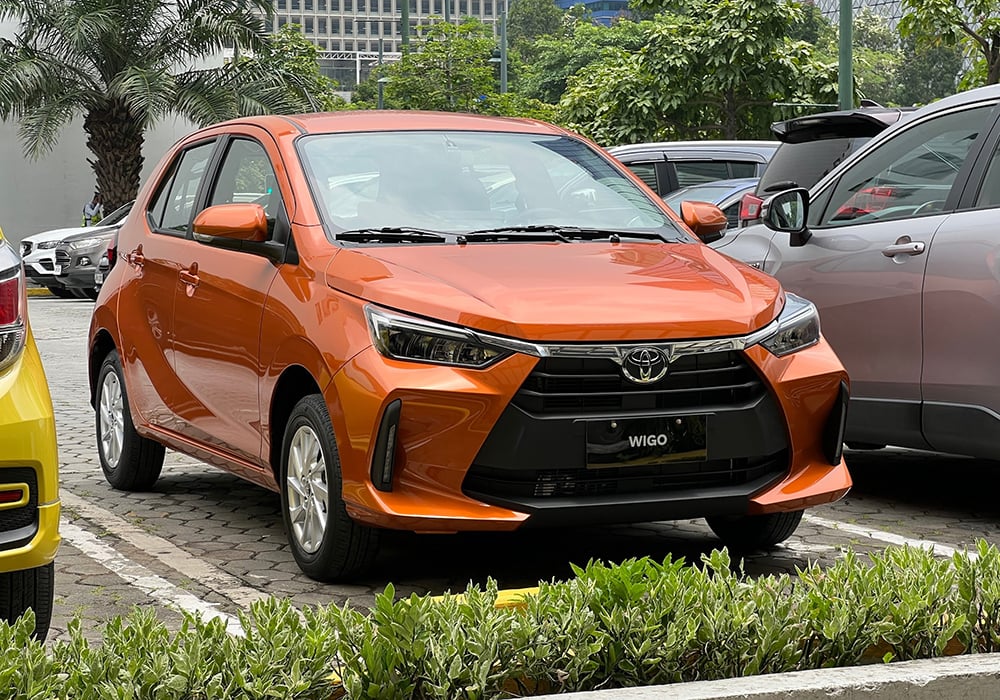
If you’re a Toyota customer, you must have been following the safety scandal involving the automaker’s subsidiary, Daihatsu. And that’s because several vehicles sold by Toyota Motor Philippines are actually rebadged Daihatsu models, including the following:
- Wigo
- Rush
- Avanza
- Veloz
- Raize
When the latest news about the safety scandal broke out last month, TMP could only say that the models it shared with Daihatsu weren’t affected. Obviously, the company’s customers weren’t buying the simple statement. And that was understandable. Indeed, how is it possible that rebadged Philippine-market models are not covered by the safety issue when they are sourced from Indonesia (but Indonesia-market vehicles are affected)?
So, TMP had to release a more detailed statement. Here it is word for word:
After the Daihatsu Motor Co.,Ltd. (Daihatsu) announcement of their certification procedure irregularity on April 28, 2023, an independent Third-Party Committee was established and has since been thoroughly investigating this issue.
Last December 20, 2023, in Japan, Daihatsu received the results of the Third-Party Committee investigation and thereafter reported these investigation results, along with the investigation timeline, to the Ministry of Land, Infrastructure, Transport and Tourism and the Ministry of Economy, Trade and Industry in Japan. Thereafter, the Third-Party Committee and Daihatsu/Toyota held separate press conferences.
The investigation covered a total of 64 models of vehicles currently being produced and developed. The models included Daihatsu-brand vehicles and models developed or supplied for the Toyota brand.
On December 20, 2023, all shipments that were associated with Daihatsu development processes were suspended, however, on understanding the details that these are related to certification irregularities, and on discussions with local authorities, only shipment of vehicles that necessitate some extension or validation of certification were discontinued. As for Philippines domestic sales, none of the models are affected.
Toyota Motor Philippines would therefore like to assure our customers and concerned parties who are currently using our vehicles by sharing our current understanding of the situation regarding this matter.
<Result of investigation in relation to the Philippines market>
Toyota Motor Corporation (Toyota) was notified that there is NO case of certification irregularity for vehicles being sold in Philippines.

<Treatment of vehicles already sold in Philippines>
Despite of global announcement, there is no case related to Philippines’ market. So, there is no need for customers to take any action, and they can continue to use the vehicles as normal, based on the following confirmation elements:
1. Daihatsu has conducted in-house technical examinations and testing using actual vehicles to check if there are any safety performance or environmental performance issues with the vehicles for which these irregularities were discovered. These examinations and tests confirmed that the vehicles met the standards set by regulations, and it does not appear necessary to stop use of the affected vehicles.
2. The validity of the processes used in these examinations and tests, and their results, have been confirmed by TÜV Rheinland Japan Ltd. (TÜV), a third-party certification organization.
3. The Third-Party Independent Committee did not identify any unachieved performance standard.
Once again, we would like to sincerely apologize to our customers and all related stakeholders for the inconvenience and concerns that this irregularity has caused.
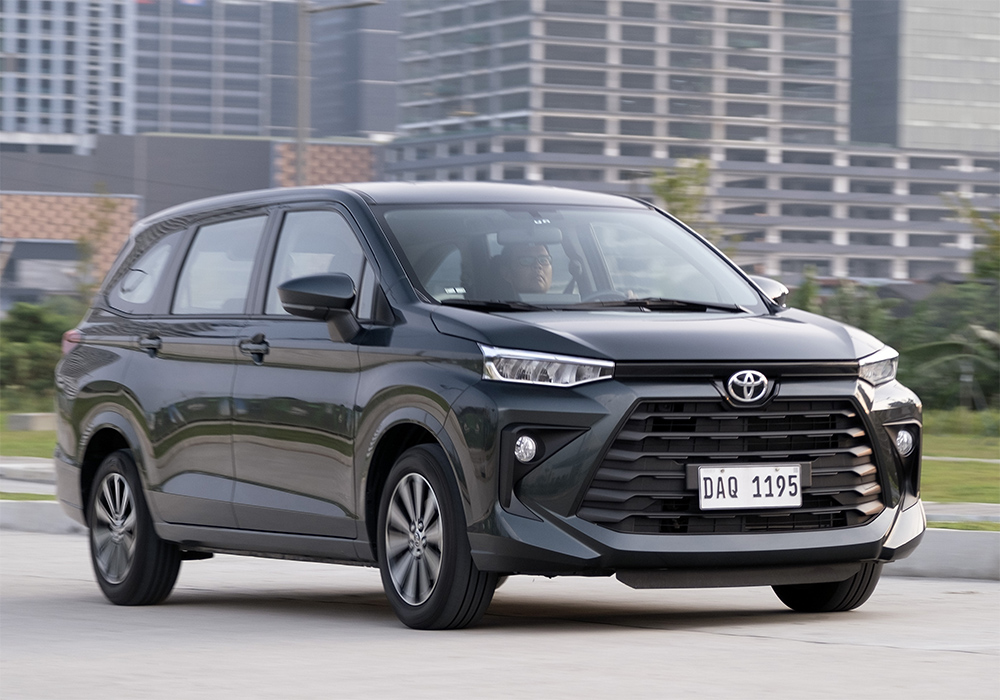
If reading the above message feels like going over a technical or even a legal document, I can relate to you. So I asked the deputy general manager of Toyota Daihatsu Engineering and Manufacturing in Thailand, Nanako Kumamoto, this simple question:
“How come the rebadged Toyota/Daihatsu models in the Philippines are not part of the issue?”
This is her answer:
This is a certification procedure issue (not subject to recall). Each country’s certification regulations are different from country to country, therefore situations are different in each country. For the affected models overseas, you can see the list on this Global Toyota website:
https://global.toyota/en/newsroom/corporate/40238738.html#list
In the Philippines, as stated on the TMP website, none of the models are affected for domestic models:
https://www.toyota.com.ph/news/advisory-on-daihatsu-procedural-irregularity
I hope this clarifies.
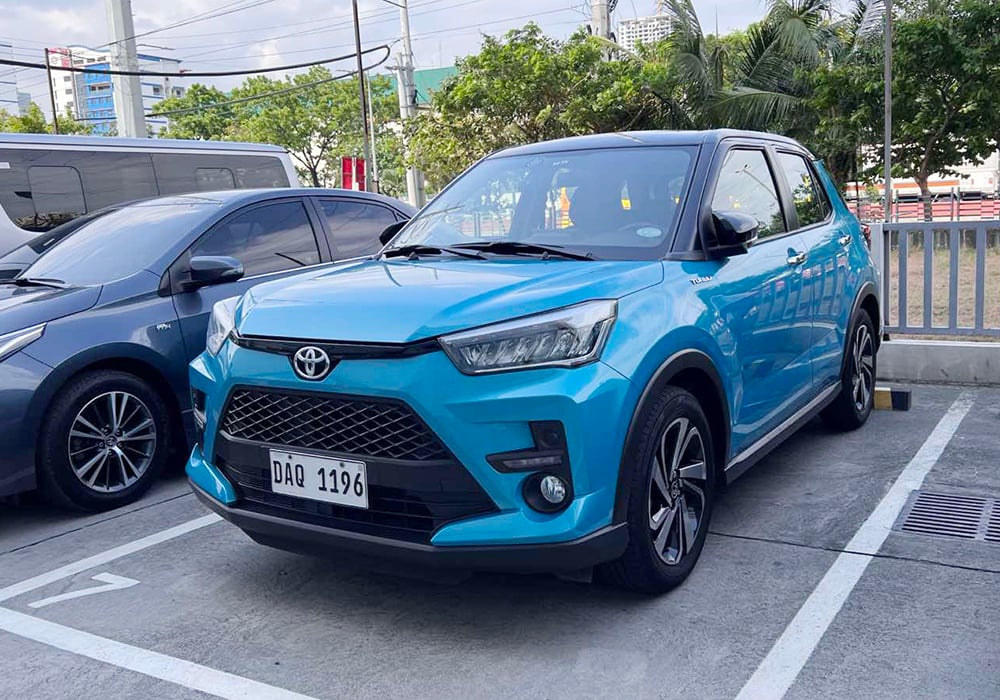
The way I understand the situation is this: The main issue in the safety scandal isn’t necessarily the safety level of the vehicles per se, but the failure to observe strict adherence to the tests—specifically their certification procedure.
Now, is bungling the certification procedure in a vehicle test a big deal? I suppose so, because this issue wouldn’t be this huge if it weren’t. But then Toyota Motor Philippines is putting its reputation on the line by assuring its customers that the Daihatsu models that it sells are very safe. If the company—easily the market leader, in case this needs to be emphasized—is covering something up and ends up selling unsafe cars, the potential fiasco could cost the organization the trust of its loyal customers (never mind the legal implications).
I don’t think TMP is that stupid.





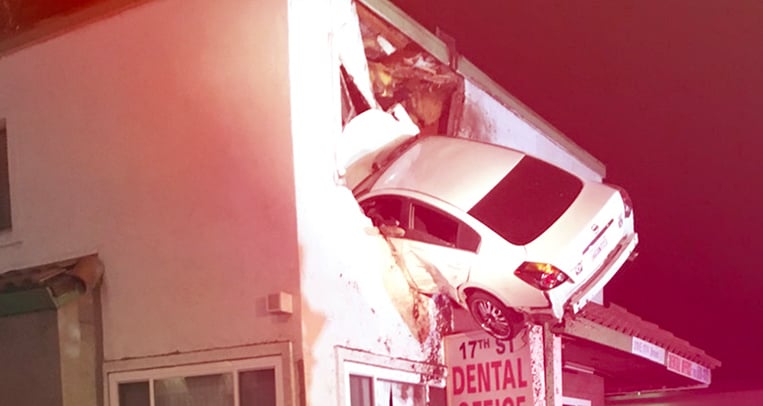

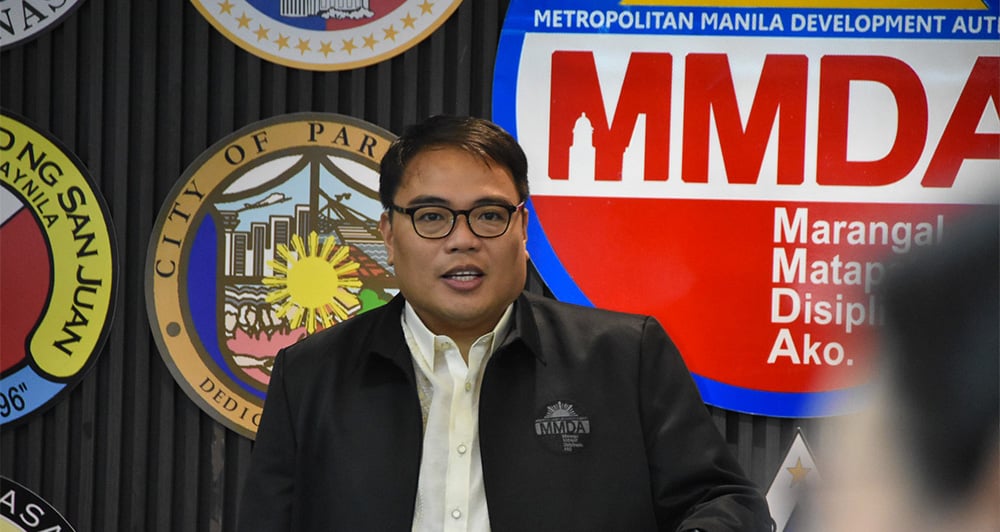

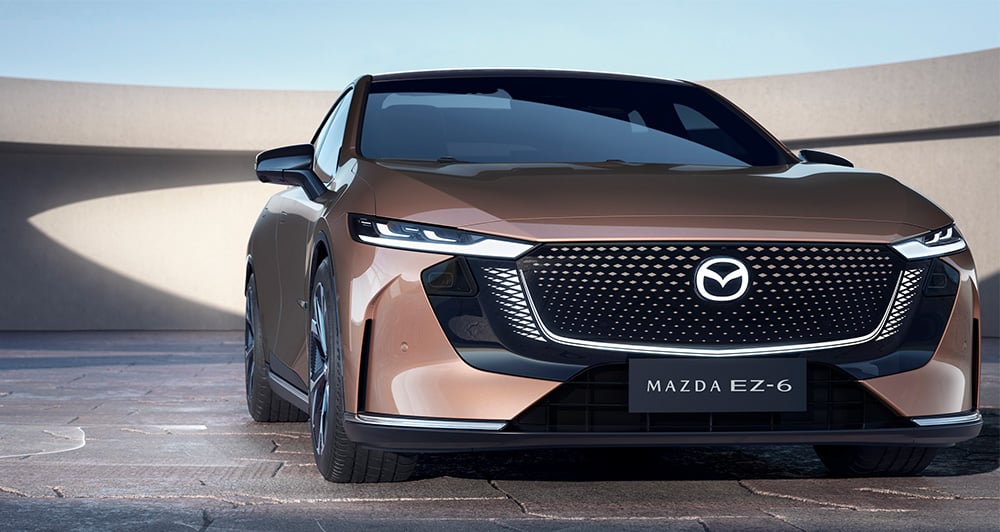
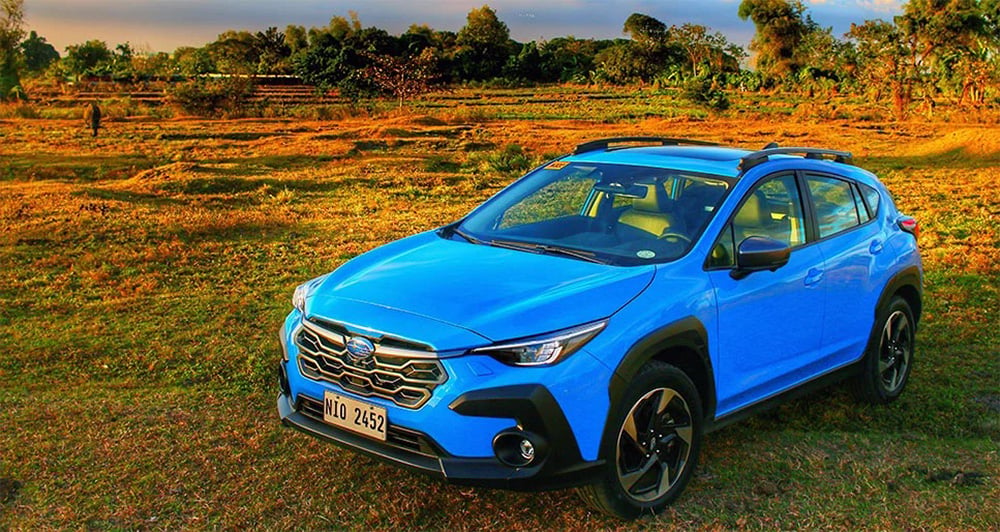
Comments